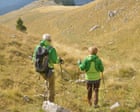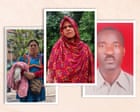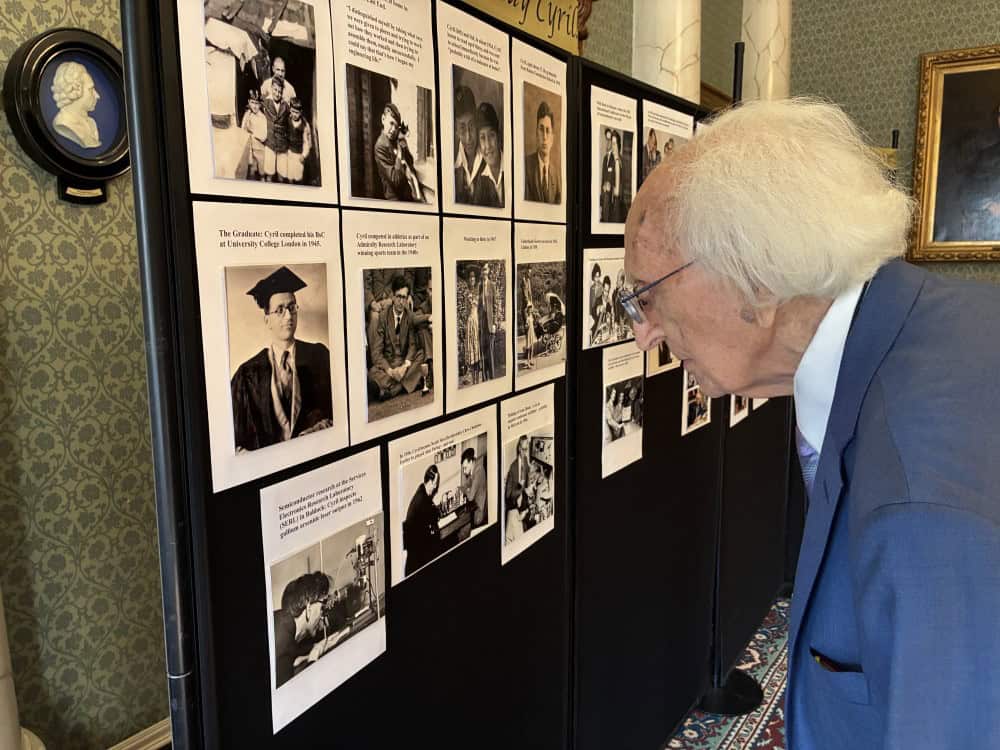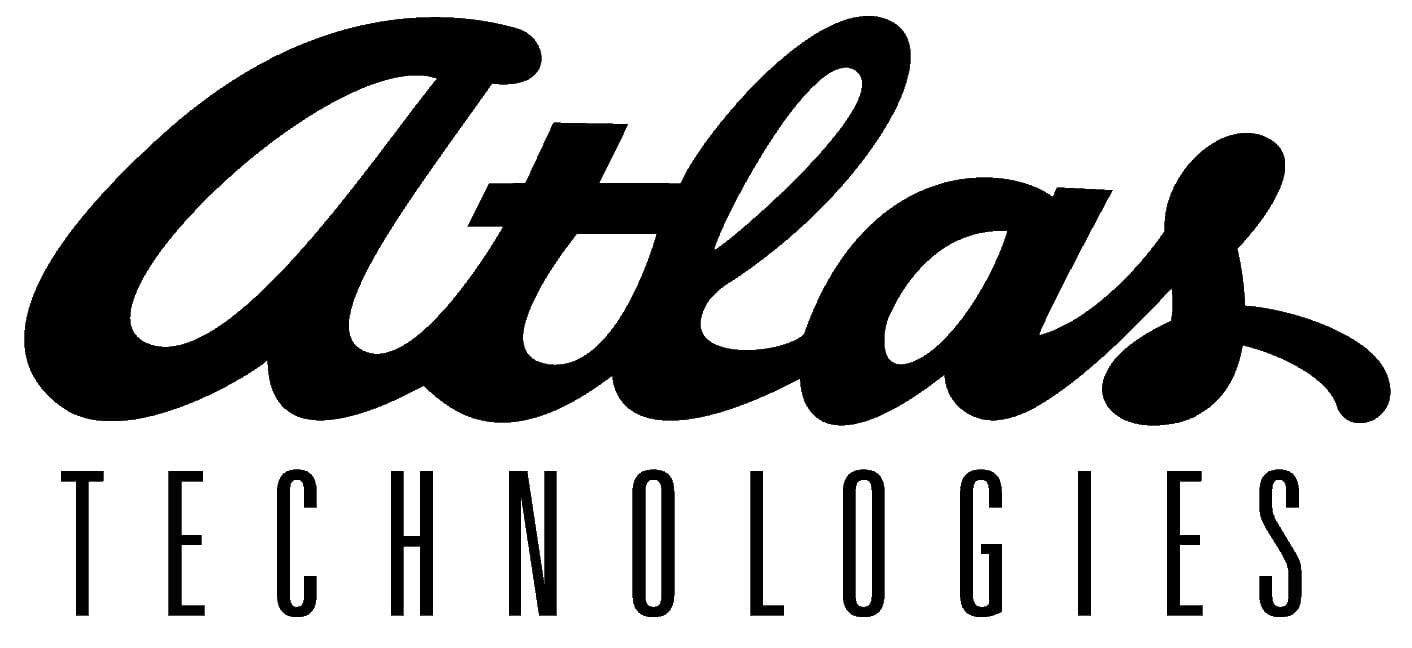Under Trump, the Small Business Administration Clamps Down

© Stella Kalinina for The New York Times

© Stella Kalinina for The New York Times
IMF is urging countries globally to act to ease stress on public finances, sparking mainly outrage but also support
As French workers stage yet another public show of discontent about president Emmanuel Macron’s raising of the state pension age from 62 to 64, the International Monetary Fund has urged governments to encourage fit, older workers to delay retirement.
Its recommendation is that people of the baby boomer generation should stay in work for longer to help balance public finances amid fiscal pressures caused by an ageing global population.
Continue reading...
© Photograph: FS-Stock/Alamy

© Photograph: FS-Stock/Alamy
Around the globe, conflict and the climate crisis have caused 83.4m people – a record number – to become refugees within their own countries. Three people from Bangladesh, Sudan and Colombia tell their stories
In 2024, the number of internally displaced people around the world reached 83.4m, the highest figure ever recorded. Men, women, children, whole families and generations have been forced to flee their homes within their country as a result of conflict, violence, or natural disasters.
“Internal displacement rarely makes the headlines, but for those living it, the suffering can last for years,” says Jan Egeland, secretary general of the Norwegian Refugee Council, commenting on the latest figures from the Internal Displacement Monitoring Centre (IDMC).
Continue reading...
© Photograph: Thaslima Begum/The Guardian

© Photograph: Thaslima Begum/The Guardian

© Phill Magakoe/Agence France-Presse — Getty Images
Cyril Hilsum, a former president of the Institute of Physics (IOP), celebrated his 100th birthday last week at a special event held at the Royal Society of Chemistry.
Born on 17 May 1925, Hilsum completed a degree in physics at University College London in 1945. During his career he worked at the Services Electronics Research Laboratory and the Royal Radar Establishment and in 1983 was appointed chief scientist of GEC Hirst Research Centre, where he later became research director before retiring aged 70.
Hilsum helped develop commercial applications for the semiconductor gallium arsenide and is responsible for creating the UK’s first semiconductor laser as well as developments that led to modern liquid crystal display technologies.
Between 1988 and 1990 he was president of the IOP, which publishes Physics World, and in 1990 was appointed a Commander of the Order of the British Empire (CBE) for “services to the electrical and electronics industry”.
Hilsum was honoured by many prizes during his career including IOP awards such as the Max Born Prize in 1987, the Faraday Medal in 1988 as well as the Richard Glazebrook Medal and Prize in 1998. In 2007 he was awarded the Royal Society’s Royal Medal “for his many outstanding contributions and for continuing to use his prodigious talents on behalf of industry, government and academe to this day”.

Despite now being a centenarian, Hilsum still works part-time as chief science officer for Infi-tex Ltd, which produces force sensors for use in textiles.
“My birthday event was an amazing opportunity for me to greet old colleagues and friends,” Hilsum told Physics World. “Many had not seen each other since they had worked together in the distant past. It gave me a rare opportunity to acknowledge the immense contributions they had made to my career.”
Hilsum says that while the IOP gives much support to applied physics, there is still a great need for physicists “to give critical contributions to the lives of society as a whole”.
“As scientists, we may welcome progress in the subject, but all can get pleasure in seeing the results in their home, on their iPhone, or especially in their hospital!” he adds.
The post Former IOP president Cyril Hilsum celebrates 100th birthday appeared first on Physics World.
Health of adolescents worldwide has reached a ‘tipping point’, authors of Lancet commission analysis warn
Almost half a billion adolescents worldwide will be living with obesity or overweight and 1 billion at risk of preventable ill health by 2030, according to an international report.
While adolescent mortality has declined by more than a quarter over the past two decades, comprehensive analysis of global data calculated that in five years, at least half of the world’s 10- to 24-year-olds will be living in countries where preventable health problems such as HIV/Aids, early pregnancy, depression and poor nutrition pose a “daily threat to their health, wellbeing and life chance”. Young people’s health has reached a “tipping point”, the authors warned.
Continue reading...
© Photograph: Peter Lopeman/Alamy

© Photograph: Peter Lopeman/Alamy
Over the years, first as a PhD student and now as a postdoc, I have been approached by many students and early-career academics who have confided their problems with me. Their issues, which they struggled to deal with alone, ranged from anxiety and burnout to personal and professional relationships as well as mental-health concerns. Sadly, such discussions were not one-off incidents but seemed worryingly common in academia where people are often under pressure to perform, face uncertainty over their careers and need to juggle lots of different tasks simultaneously.
But it can be challenging to even begin to approach someone else with a problem. That first step can take days or weeks of mental preparation, so to those who are approached for help, it is our responsibility to listen and act appropriately when someone does finally open up. This is especially so given that a supervisor, mentor, teaching assistant, or anybody in a position of seniority, may be the first point of contact when a difficulty becomes debilitating.
I am fortunate to have had excellent relationships with my PhD and postdoc supervisors – providing great examples to follow. Even then, however, it was difficult to subdue the feeling of nausea when I knocked on their office doors to have a difficult conversation. I was worried about their response and reaction and how they would judge me. While that first conversation is challenging for both parties, fortunately it does gets easier from there.
Yet it can also be hard for the person who is trying to offer help, especially if they haven’t done so before. In fact, when colleagues began to confide in me, I’d had no formal preparation or training to support them. But through experience and some research, I found a few things that worked well in such complex situations. The first is to set and maintain boundaries or where your personal limits lie. This includes which topics are off limits and to what extent you will engage with somebody. Someone who has recently experienced bereavement, for example, may not want to engage deeply with a student who is enduring the same and so should make it clear they can’t offer help. Yet at the same time, that person may feel confident providing support for someone struggling with imposter syndrome – a feeling that you don’t deserve to be there and aren’t good at your work.
Time restrictions can also be used as boundaries. If you are working on a critical experiment, have an article deadline or are about to go on holiday, explain that you can only help them until a certain point, after which you will explore alternative solutions together. Setting boundaries can also be handy for mentors to prepare to help someone struggling. This could involve taking a mental-health first-aid course to support a person who experiences panic attacks or is relapsing into depression. It could also mean finding contact details for professionals, either on campus or beyond, who could help. While providing such information might sound trivial and unimportant, remember that for a person who is feeling overwhelmed, it can be hugely appreciated.
Sharing problems takes courage. It also requires trust because if information leaks out, rumours and accusations can spread quickly and worsen situations. It is, however, possible to ask more senior colleagues for advice without identifying anyone or their exact circumstances, perhaps in cases when dealing with less than amicable relationships with collaborators. It is also possible to let colleagues know that a particular person needs more support without explicitly saying why.
There are times, however, when that confidentiality must be broken. In my experience, this should always be first addressed with the person at hand and broken to somebody who is sure to have a concrete solution. For a student who is struggling with a particular subject, it could, for example, be the lecturer responsible for that course. For somebody not coping with divorce, say, it could be someone from HR or a supervisor for a colleague. It could even be a university’s support team or the police for a student who has experienced sexual assault.
Even if the situation has been handed over to someone else, it’s important to follow up with the person struggling, which helps them know they’re being heard and respected
I have broken confidentiality at times and it can be nerve-wracking, but it is essential to provide the best possible support and take a situation that you cannot handle off your hands. Even if the issue has been handed over to someone else, it’s important to follow up with the person struggling, which helps them know they’re being heard and respected. Following up is not always a comfortable conversation, potentially invoking trauma or broaching sensitive topics. But it also allows them to admit that they are still looking for more support or that their situation has worsened.
A follow-up conversation could also be held in a discrete environment with reassurance that nobody is obliged to go into detail. It may be as simple as asking “How are you feeling today?”. Letting someone express themselves without judgement can help them come to terms with their situation, let them speak or have confidence to approach you again.
Regularly reflecting on your boundaries and limits as well as having a good knowledge of possible resources can help you prepare for unexpected circumstances. It gives students and colleagues immediate care and relief at what might be their lowest point. But perhaps the most important aspect when approached by someone is to ask yourself this: “What kind of person would I want to speak to if I were struggling?”. That is the person you want to be.
The post How to support colleagues who are dealing with personal issues appeared first on Physics World.
With so much turmoil in the world at the moment, it’s always great to meet enthusiastic physicists celebrating all that their subject has to offer. That was certainly the case when I travelled with my colleague Tami Freeman to the 2025 Celebration of Physics at Nottingham Trent University (NTU) on 10 April.
Organized by the Institute of Physics (IOP), which publishes Physics World, the event was aimed at “physicists, creative thinkers and anyone interested in science”. It also featured some of the many people who won IOP awards last year, including Nick Stone from the University of Exeter, who was awarded the 2024 Rosalind Franklin medal and prize.
Stone was honoured for his “pioneering use of light for diagnosis and therapy in healthcare”, including “developing novel Raman spectroscopic tools and techniques for rapid in vivo cancer diagnosis and monitoring”. Speaking in a Physics World Live chat, Stone explained why Raman spectroscopy is such a useful technique for medical imaging.
Nottingham is, of course, a city famous for medical imaging, thanks in particular to the University of Nottingham Nobel laureate Peter Mansfield (1933–2017), who pioneered magnetic resonance imaging (MRI). In an entertaining talk, Rob Morris from NTU explained how MRI is also crucial for imaging foodstuffs, helping the food industry to boost productivity, reduce waste – and make tastier pork pies.
Still on the medical theme, Niall Holmes from Cerca Magnetics, which was spun out from the University of Nottingham, explained how his company has developed wearable magnetoencephalography (MEG) sensors that can measures magnetic fields generated by neuronal firings in the brain. In 2023 Cerca won one of the IOP’s business and innovation awards.
Richard Friend from the University of Cambridge, who won the IOP’s top Isaac Newton medal and prize, discussed some of the many recent developments that have followed from his seminal 1990 discovery that semiconducting polymers can be used in light-emitting diodes (LEDs).
The event ended with a talk from particle physicist Tara Shears from the University of Liverpool, who outlined some of the findings of the new IOP report Physics and AI, to which she was an adviser. Based on a survey with 700 responses and a workshop with experts from academia and industry, the report concludes that physics doesn’t only benefit from AI – but underpins it too.
I’m sure AI will be good for physics overall, but I hope it never removes the need for real-life meetings like the Celebration of Physics.
The post Physicists gather in Nottingham for the IOP’s Celebration of Physics 2025 appeared first on Physics World.
This episode of the Physics World Weekly podcast features William Phillips, who shared the 1997 Nobel Prize for Physics for his work on cooling and trapping atoms using laser light.
In a wide-ranging conversation with Physics World’s Margaret Harris, Phillips talks about his long-time fascination with quantum physics – which began with an undergraduate project on electron spin resonance. Phillips chats about quirky quantum phenomena such as entanglement and superposition and explains how they are exploited in atomic clocks and quantum computing. He also looks to the future of quantum technologies and stresses the importance of curiosity-led research.
Phillips has spent much of his career at US’s National Institute for Standards and Technology (NIST) in Maryland and he also a professor of physics at the University of Maryland.

This podcast is supported by Atlas Technologies, specialists in custom aluminium and titanium vacuum chambers as well as bonded bimetal flanges and fittings used everywhere from physics labs to semiconductor fabs.
This article forms part of Physics World‘s contribution to the 2025 International Year of Quantum Science and Technology (IYQ), which aims to raise global awareness of quantum physics and its applications.
Stayed tuned to Physics World and our international partners throughout the next 12 months for more coverage of the IYQ.
Find out more on our quantum channel.
The post William Phillips: Nobel laureate talks about his passion for quantum physics appeared first on Physics World.
From the Global Physics Summit in Anaheim, California
I spent most of Saturday travelling between the UK and Anaheim in Southern California, so I was up very early on Sunday with jetlag. So just as the sun was rising over the Santa Ana Mountains on a crisp morning, I went for a run in the suburban neighbourhood just south of the Anaheim Convention Center. As I made my way back to my hotel, the sidewalks were already thronging with physicists on their way to register for the Global Physics Summit (GPS) – which is being held in Anaheim by the American Physical Society (APS).
The GPS combines the APS’s traditional March and April meetings, which focus on condensed-matter and particle and nuclear physics, respectively – and much more. This year, about 14,000 physicists are expected to attend. I popped out at lunchtime and spotted a “physics family” walking along Harbor Boulevard, with parents and kids all wearing vintage APS T-shirts with clever slogans. They certainly stood out from most families, many of which were wearing Mickey Mouse ears (Disneyland is just across the road from the convention centre).
The GPS starts in earnest bright and early Monday morning, and I am looking forward to spending a week surrounded by thousands of fellow physicists. While many physicists in the US are facing some pretty dire political and funding issues, I am hoping that the global community can unite in the face of the anti-science forces that have emerged in some countries.
This year is the International Year of Quantum Science and Technology, so it’s not surprising that quantum mechanics will be front and centre here in Anaheim. I am looking forward to the “Quantum Playground”, which will be on much of this week. It promises, “themed areas; hands-on interactive experiences; demonstrations and games; art and science installations; mini-performances; and ask the experts”. I’ll report back once I have paid a visit.
The post Global Physics Summit: this week, Anaheim is the hub of world physics appeared first on Physics World.